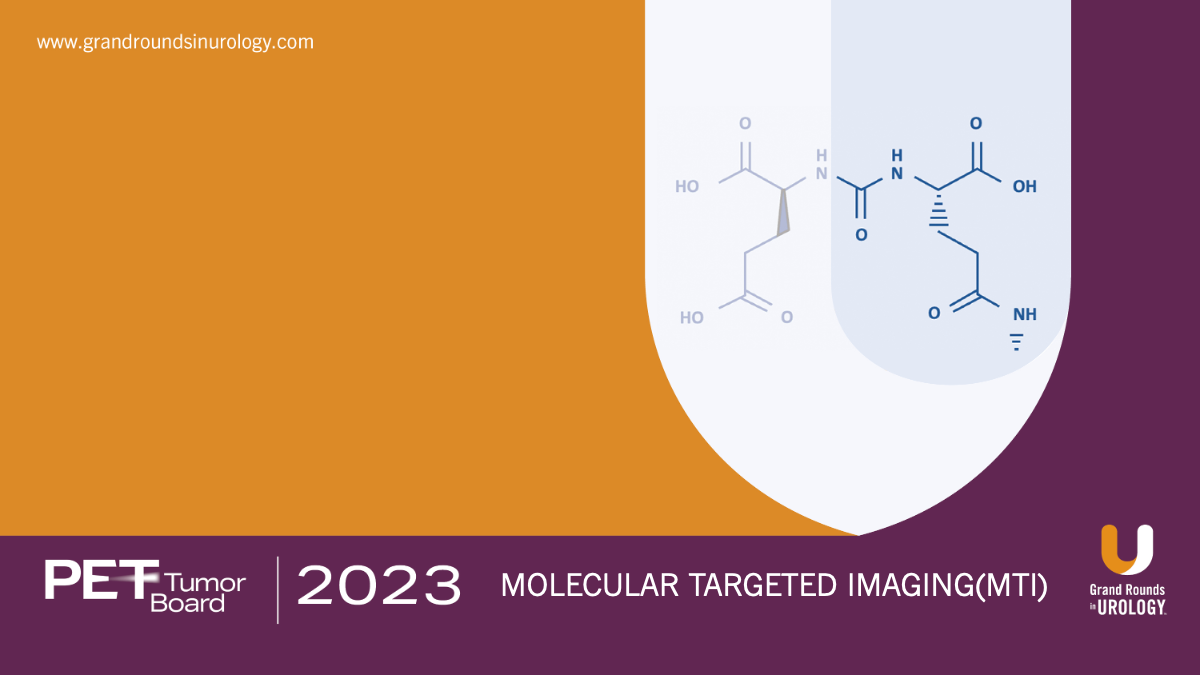UroEdge™
Imaging
Cancer diagnosis and therapy is becoming more focused toward a patient-specific approach to therapy, particularly prostate cancer. The role of imaging is paramount in this evolution by providing physicians with accurate information on both the presence and extent of prostate cancers. Developments in molecular imaging are paving the way for more physicians to diagnose cancer and apply relevant therapy. Various imaging modalities and methods may be best suited for different phases of the disease. Our associated physicians discuss the importance of imaging in more detail below.
PET Tumor Board
Supported in part by Blue Earth Diagnostics, Inc.





